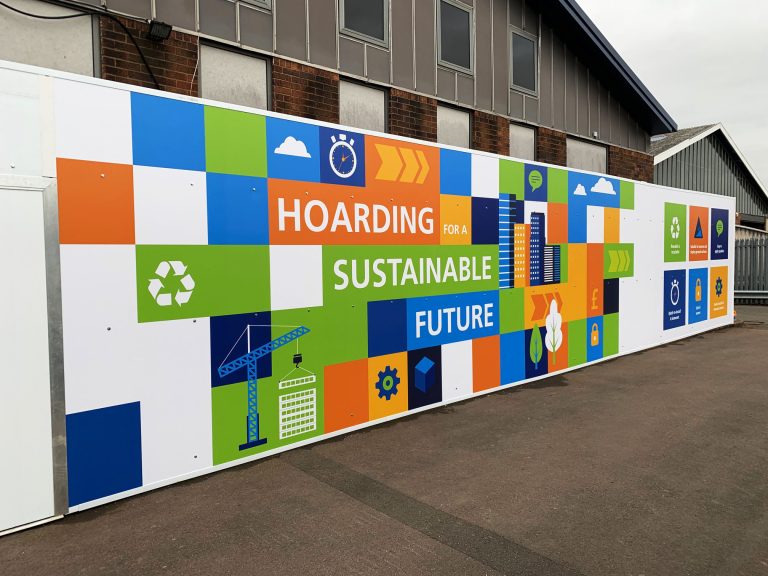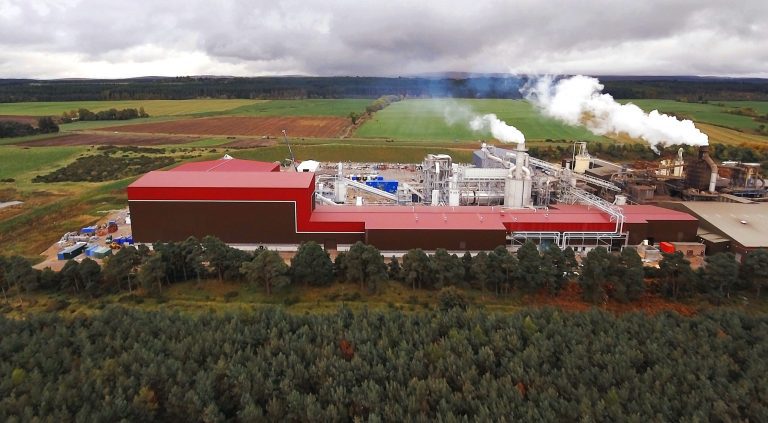A technically advanced, high-performance, hybrid roofing membrane from global building product manufacturer Sika, provided the watertight finish for a new school which was built using innovative offsite construction techniques. The newly-constructed King Edward VI Northfield School for Girls in Birmingham, which was designed by architect Atkins Global on behalf of client Acivico Group, replaces Turves Green Girls’ School. The original establishment was in a poor state of repair and following consultations with the local authority, it was agreed constructing a new school building represented a cost-effective alternative to refurbishment. The new school includes contemporary classrooms, a dance studio, sports hall and a purpose-built library. The building’s airy feel is created by its wide corridors and stairways which are filled with natural light. This will help to inspire a calm and pleasant environment for staff and students. To meet performance and programme goals for the building’s construction, a hybrid design was devised by offsite construction and modular specialists, Innovaré. Such innovation was recognised at the annual Offsite Awards, with Innovaré – in a joint submission with Sika – winning the ‘Best Use of Hybrid Technology’ category for its successful Design for Manufacture and Assembly (DfMA) delivery of the King Edward VI Northfield School construction project.Innovaré’s hybrid system included integrated BBA-Certified i-SIP panels, hollow core concrete plank floors, and a lightweight timber cassette roofing system. This hybrid method of construction, which meant most of the new school structure was manufactured offsite, offered a radically quicker speed of build, reducing preliminary and overall costs. It also ensured the building’s performance and programme goals were met. As a global building product manufacturer with a wide range of products and technical expertise to offer, Sika is ideally placed to support offsite construction projects. Its Modern Methods of Construction (MMC) Division is specifically tasked to work with offsite manufacturing and assembly companies to consider how Sika products could be used as part of the building process in this fast-growing sector. Sika’s 4mm elastomeric and plastomeric bituminous hybrid membrane, SikaBit Pro 940®, provided the watertight finish for the new building’s energy-efficient roofing system, which integrates timber cassettes with i-joists.SikaBit Pro 940® combines the advantages of APAO and SBS-modified bitumen, allowing two different compounds to work together. The upper layer comprises APA-modified bitumen, offering excellent heat resistance and durability. The under layer is SBS-modified bitumen, providing increased elongation, improving flexibility and excellent resistance to thermo-oxidative aging which will last longer than traditional membranes and reduce ongoing maintenance. SikaBit® has been developed to comply with the NFRC’s Safe2Torch Guidance to help specifiers prioritise safety at the design stage of roofing projects. The specification of SikaBit Pro 940® as part of the school’s energy-efficient roofing system contributed to the building’s fabric achieving required levels of thermal, airtightness, acoustic and maintenance performance. In terms of the roof’s construction, Innovaré manufactured large-format structural timber roof cassettes, ensuring that the structural members and deck went into place quickly. RLW Roofing, one of Sika’s Certified Roofing Contractors, were responsible for the design and installation of the roofing system. In addition, RLW Roofing completed façade works, using Sika Parex Historic Mortar KL. “We are proud that in collaboration with RLW Roofing, our products and expertise were used to successful effect in the delivery of this wonderful school, RLW’s skill and expertise were instrumental in delivering a technically robust solution” Simon Griffiths Head of Sales, Offsite Construction at Sika, said. “The hybrid method of construction implemented by Innovaré for this project aligns perfectly with Sika’s promotion of sustainable development within the construction industry.” Now fully opened, the King Edward VI Northfield School for Girls will begin its purpose to serve as a catalyst to transform opportunities, build aspiration and further develop academic success for its 750 students. It’s a huge ambition that Sika is delighted to help fulfil.














